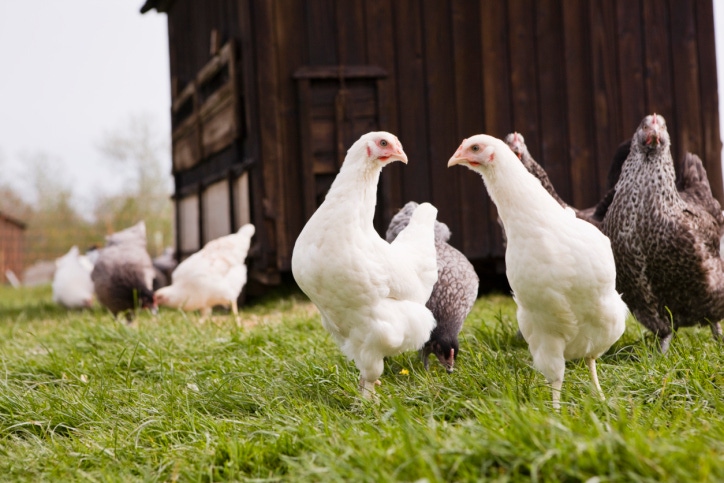Outgoing governor rejects bill because science didn’t support notion that bill would protect animal or human health.

Michigan Gov. Rick Synder vetoed SB 660, which called for a delay in cage-free hen standards from 2020 to 2025. The bill was supported by many in the egg industry, although the National Egg Farmers opposed the bill.
The Detroit (Mich.) News quoted Synder in acknowledging that the Senate bill was "intended to protect Michigan shell egg producers from being undercut by competition in the future,” yet he said he didn't find that science backed the idea that this would help animals or public health.
"The body of research into hen health and egg safety does not provide a clear indication that any one type of hen housing impacts egg safety more than another," he wrote in the veto letter.
The bill was one of many Snyder rejected before leaving office at the end of the year.
Ken Klippen, National Egg Farmers president, said the organization reached out to every Michigan lawmaker earlier in 2018 to explain the food safety and health and welfare problems created with the bill as well as the precedent it sets for other states.
Michigan’s bill included language that would have affected egg farmers nationwide. It stated, “The legislature finds that eggs derived from egg-laying hens that are exposed to significant stress may result in deleterious effects on the health, safety and welfare of consumers, such as increased exposure to disease pathogens, including salmonella, and have negative fiscal impacts on this state.”
Klippen said in the newsletter that if the legislation had been signed into law, The Humane Society of the United States "would use it as a precedent to develop legislation in other states based on the ‘fact’ that cage-free improves food safety.”
In attempting to educate lawmakers, Klippen said the organization first focused on food safety, adding, “We also wrote to a number of news outlets in Michigan explaining how cage free is not the answer to their goals. Apparently, Gov. Synder saw these explanations in the news.”
Klippen said food safety is paramount and refutes claims that cage-free housing improves egg safety. Pennsylvania State University researchers have found that eggs from small flocks of chickens are more likely to be contaminated with Salmonella enteritidis as eggs sold in grocery stores, which typically come from larger flocks. The analysis of the S. enteritidis present in the eggs from small flocks shows that they are the same types commonly reported to the Centers for Disease Control & Prevention from human foodborne outbreaks.
Klippen also referenced a study conducted by the Coalition for Sustainable Egg Supply that found that the cage-free system had dust levels 8-10 times higher than other systems. In addition, the cage-free system resulted in high worker exposure to endotoxin dust particles and reduced lung function by the end of a shift.
The rush by retailers and food manufacturers to source their egg needs from cage-free facilities must consider these facts on sustainability, Klippen added. “The cost to implement new barns for cage-free chickens needed is calculated at $45 per chicken,” he said.
The Coalition for Sustainable Egg Supply found that total accumulated hen mortality was highest in the cage-free system (11.5%), due to aggressive pecking and cannibalism. It was 4.7% in conventional cages. “This results from the hens establishing a pecking order among the chickens in a flock. Conventional cages reduces the size of this population and, thus, reduces the stress caused from pecking,” Klippen said.
About the Author(s)
You May Also Like



.png?width=300&auto=webp&quality=80&disable=upscale)

